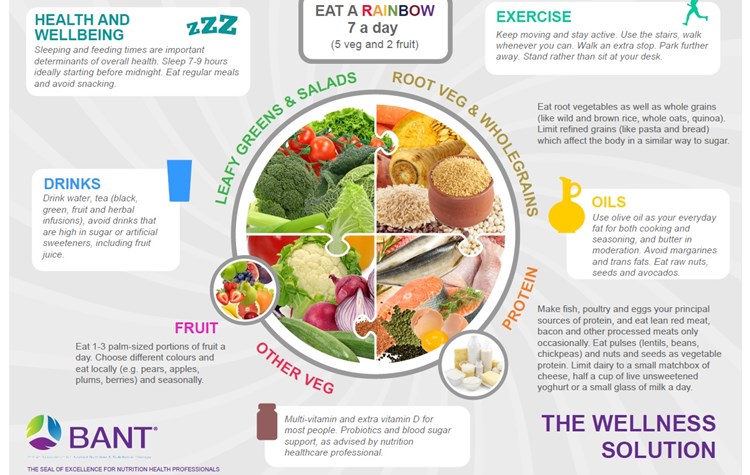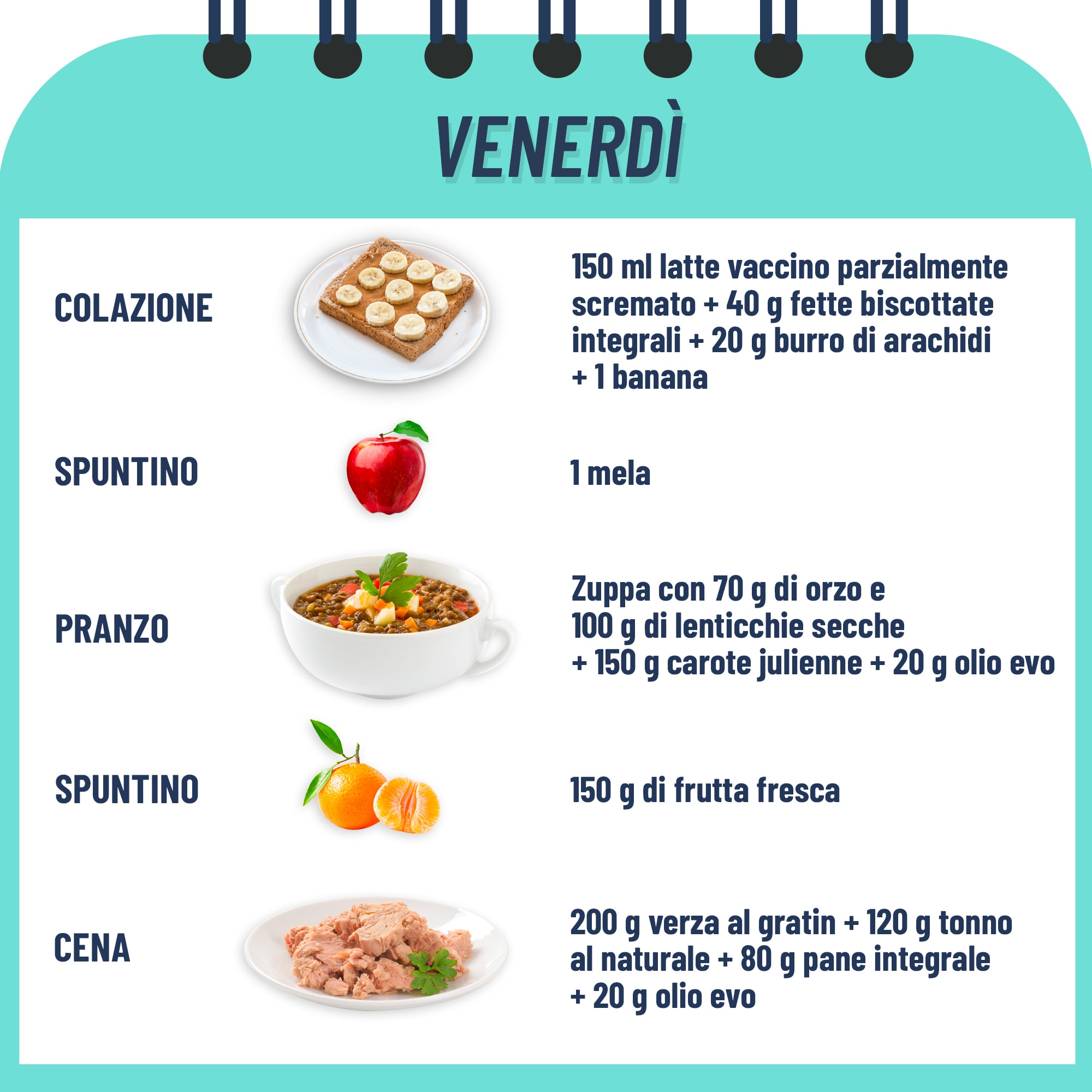
Teenagers can be very busy. Teenagers are more focused on dating and socializing than they are on their basic needs like nutrition and exercise. These are crucial for their mental, physical, and spiritual health. Here are some healthy living tips that teens can use to help reach these goals. Be sure to give your teen plenty of rest and quality time with their friends. Healthy living tips for teenagers will help them feel good about themselves and prevent them from developing unhealthy habits.
Limit screen time to no more than 2 hours per day
Parents are often urged to limit the amount of time their teens spend using screens. You should consider many factors when making such an important decision. You should consider the age of your child and their activity level. It is also important that you assess whether screens are limiting your child's academic or social development. In 2016, the American Academy of Pediatrics published updated guidelines about screen time. Children and adolescents should limit their exposure to TV or any other screen media for no more that two hours per day.
Keep active in social networks
Monitoring your teen’s social networks is a key part of your daily parenting plan. You should monitor your teen’s social media activity and be the first person they add as friends. This will help you build a relationship and inform your teen about potential dangers. Teenagers should not post personal information on social media, especially if it involves their personal information.

Get enough sleep
Many teens feel as if they never get enough sleep. Teenagers need more sleep as their bodies grow rapidly. They also need to unwind. These tips will help you teenager get eight hours of sleep each night. To avoid any dramatic shifts in the schedule, teenagers should be able to get up at the same time each morning. However, if you are unable to get your teenager to wake up on time, you may want to give them some time on the weekend.
Enjoy fresh food
Teenagers should eat no less than 3 meals per meal. Avoid diet foods that exclude whole food groups. Fad diets may not provide adequate nutrition. Your teen could be lacking in vitamins or minerals. Be a role model for your teen to live a healthy lifestyle. Keep your teen healthy by eating lots of vegetables and fruits and limiting sugary drinks. Avoid late night snacking and make fresh fruit and vegetables the mainstay of after school snacks.
Keep hydrated
Your child's well-being and health is dependent on their ability to stay hydrated. It's a good idea to start teaching this habit early. Not only is it good for their health, but it also helps to keep them awake and alert. It is refreshing to drink cool beverages such as water and sports drinks on a hot day. Keep them hydrated by offering frequent breaks and making sure they have plenty of water.

FAQ
What does a psychologist say about mental health?
Psychologists believe that mental well-being is an integral part of human development. Psychologists also believe mental health is about more than having no mental illnesses. It's also about being mentally fit.
Psychologists have different views regarding mental health. Some psychologists feel that mental health doesn't matter because there are so few people with mental illnesses. Other psychologists think that mental health is essential because without it, we can't function properly.
How do you know if you have a mental illness?
Persons may be diagnosed with mental illness if they have symptoms that are disruptive to their daily life. Symptoms of mental illnesses vary from person to person. The most common signs are: sadness and anxiety; feeling guilty, hopeless; lonely; depressed; confused; worthless; guilty, suicidal.
A person could also be diagnosed if they meet any of the following criteria:
-
Disturbed thoughts and feelings
-
Disturbed behavior
-
Disturbance in functioning
-
Reduced ability to relate to others
Why is mental wellbeing important?
Everyone's mental health is important. If you don't feel well mentally, you won't be able to do anything else. A healthy mind is vital.
Our bodies will begin to show signs of stress if they aren't feeling well. This can cause physical problems such headaches, stomachaches, backaches, or other symptoms. To keep our bodies and minds healthy, we must take care ourselves.
How does mental health affect my relationships?
Your mental well-being has a direct impact on all aspects of your life. Your ability to function at work, school, home and at school can be affected. You may also find it difficult to establish meaningful relationships because of mental health issues.
If you are dealing with a mental disorder, it can be easy to isolate yourself. You may even avoid social situations because you feel like no one understands you.
It's important to remember, however, that people want to be with you. They just need to know how to approach you.
Talking to others about your feelings can help you connect with them. Ask for their guidance and tell them how you feel.
Which 5 ways can we improve our wellbeing?
The state of being well is defined as the "state of physical, mental and spiritual well-being." There are many factors that can impact our well-being. Your first step in improving well-being and your quality of life is to identify which areas need improvement. Then, you can work to make these changes.
Here are five easy ways to improve your wellbeing
-
Exercise - Exercising makes you happier.
-
Sleep – A longer sleep time reduces stress and anxiety.
-
Nutrition - Eating healthy foods (such as fruits and vegetables) will boost your mood.
-
Meditation - Regular meditation reduces stress and anxiety.
-
Socialization - It is important to spend quality time with our family and friends.
Statistics
- More than 40 million adults in the United States have an anxiety disorder, but less than 37% of people seek mental health treatment for their symptoms. (talkspace.com)
- Similarly, for positive mental health, there is likely to be substantial agreement about some typical components (e.g., resilience to stress) 6, and controversy about more atypical components (e.g., career consolidation). (ncbi.nlm.nih.gov)
- According to the National Alliance of Mental Illness (NAMI), one in five Americans experiences mental health issues which translates to more than 40 million adults a year. (doctorondemand.com)
- Similarly, while there is some agreement about the boundaries of typical mental disorders 2, there is likely less agreement about those for positive mental health. (ncbi.nlm.nih.gov)
- In any given year, an estimated 18.1% (43.6 million) of U.S. adults ages 18 years or older suffered from any mental illness, and 4.2% (9.8 million) (healthypeople.gov)
External Links
How To
How to determine if one needs to seek help from a mental health expert
To help you decide if professional help is necessary, here are some warning signs. If you notice any warning signs, it's best to consult a doctor.
-
It's as if you feel out of control.
-
You've been having trouble sleeping.
-
Concentrating can cause your thoughts to race.
-
You find yourself thinking about suicide.
-
You feel helpless.
-
It's as if life is too hard.
-
You have lost interest in things you used to love.
-
You have stopped eating.
-
You have become withdrawn.
-
You have started using drugs or alcohol to cope with stress.
-
You are starting to lose family or friends.
-
Other physical symptoms include headaches, stomachaches and backaches, as well as chest pains.
It is imperative that you see a doctor immediately if you are experiencing any of the above symptoms.